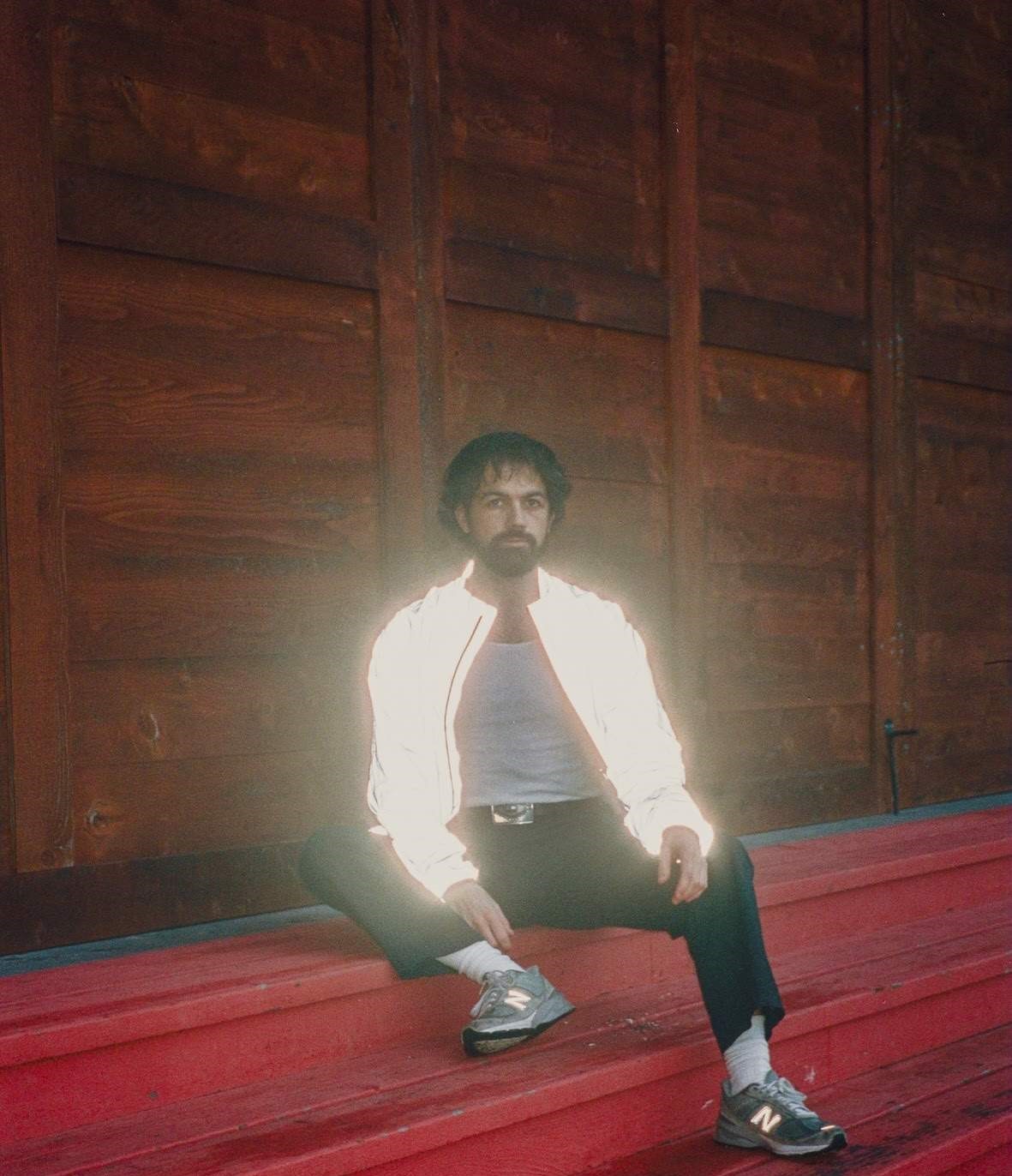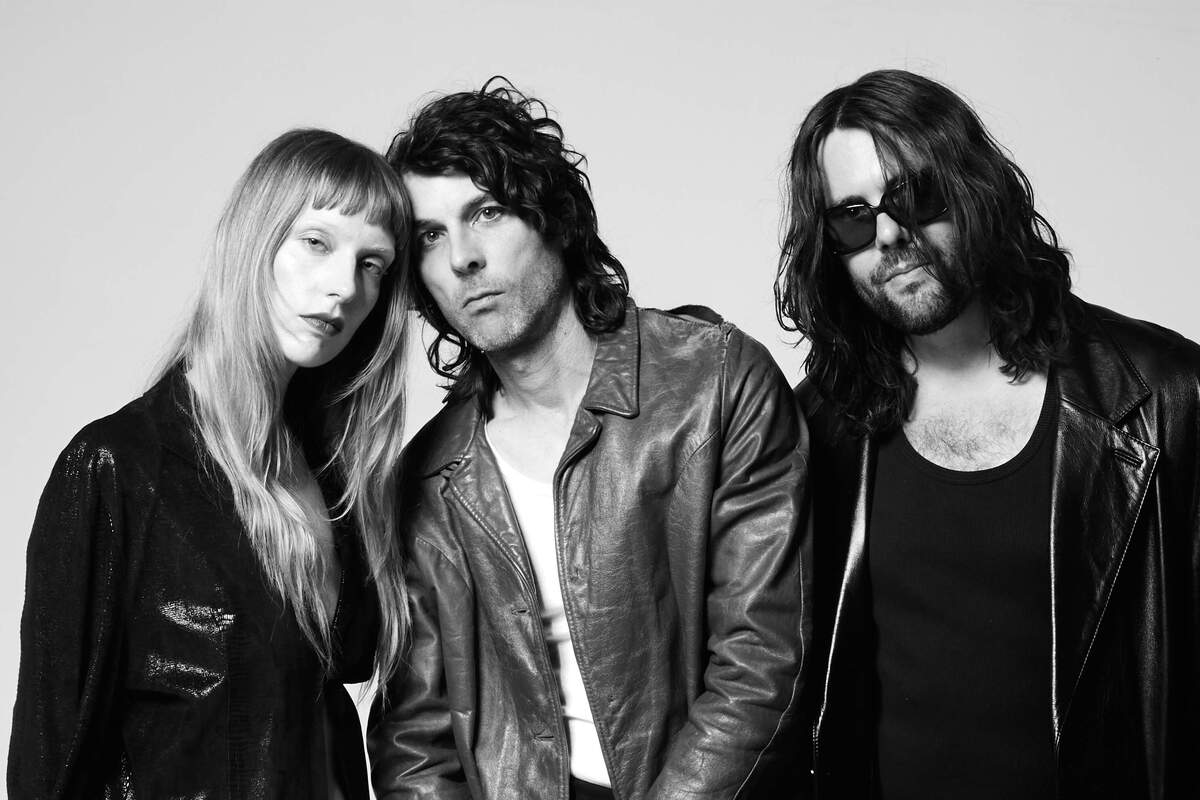Lieven Martens
Lieven Martens makes, as he calls it, “modern program music”, also on his latest album ‘The Habu’ for the newly found Poole Music label.
“I love to show the maquette rather than the finished building”
Tell me a bit about ‘The Habu’.
Lieven Martens: There’s a few things happening.
Circumstances. Interference. It’s an intertextual work. Intertextual to my own catalogue, and certainly also to other works.
It starts with “an answer to a question from a Portuguese woman” being:
“Would you make a melody for the Monserrate Palace (in Sintra)?”.
Monserrate Palace have never been blessed with a melody / a song / a composition. I mean, Lord Byron wrote about it in his books – but as far as we know, there’s hasn’t been a composer making a melody for it.
I guess my answer was “No, but”. And I only figured this out while working on the music, researching the palace. It started with a certainly, and evolved into “impossible”.
The palace sings like 4000 melodies at the same time. And is a typical example of rich exoticism. I mean it’s indeed very pretty. It ticks all boxes. Exotic styles mashed up, fake ruins, mythical elements in the gardens, etc. But I visited the castle and afterwards read in on it, and the different styles and hints they thrown together. It was also owned for a while by William Beckford. Not quiet an “unspoken” character.
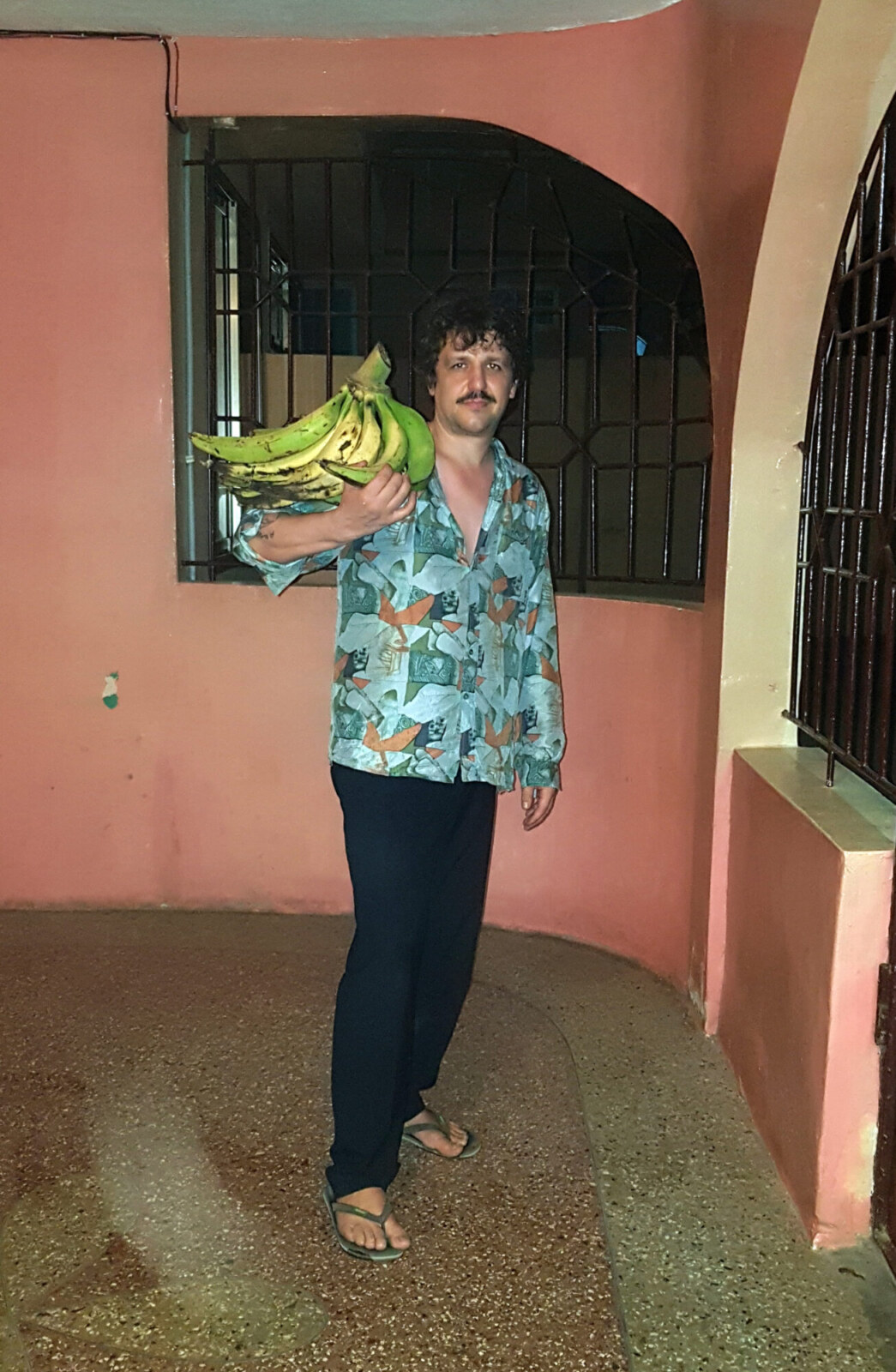
There’s a good story about Monserrate and its owner. Apparently he was super upset because Lord Byron referred to Monserrate as “maybe” the prettiest palace he visited. MAYBE!!!! That’s like reading into Spotify and Bandcamp stats and thinking: “This is maybe good” … you know. It drove him mad!
The middle song “suite” is more of rendition of live songs I was doing for a bit. Structuring very simple melodies of midi and FM sounds. Just the plastic feel of it seems so tempting. Like the guitar part… it’s a simulacrum. You know, Philip K. Dick style. It reminds me of a conversation with Iasos a few years back. When he was stating – we were talking about a video of his – that a digital rendition of ocean waves was more real than real ocean waves. I deemed it so silly but it stayed with me. It’s like Segalen says: “The imagination weakens when confronted with the real”. Hence I present here: simulated music … that is “mini male” (having a minimum of anger). The simulation leaves enough room for your inner systems to complete the vision.
The Habu, an archipelago – the B side – is a more elaborate work. Storytelling, you know. With many elements. It takes place in the Ryukyu islands. But instead of purely describing a place, it becomes a parable.
Centuries ago they introduced a snake to battle the rats. The snake wasn’t interested in the rats, and starting biting the people and eating the bird eggs.
The people started hunting the snake. Because they got scared. The snake loves to attack them. Moreover, since the snakes is supreme in mating (like 24 hours style), the people start to brew it into a love potion drink. And to use its skin for the sanshin. A string instrument that is the first sign of “non-religious” music in Japan. When they brought the sanshin to the mainland, it morphed into the more well known shamishen.
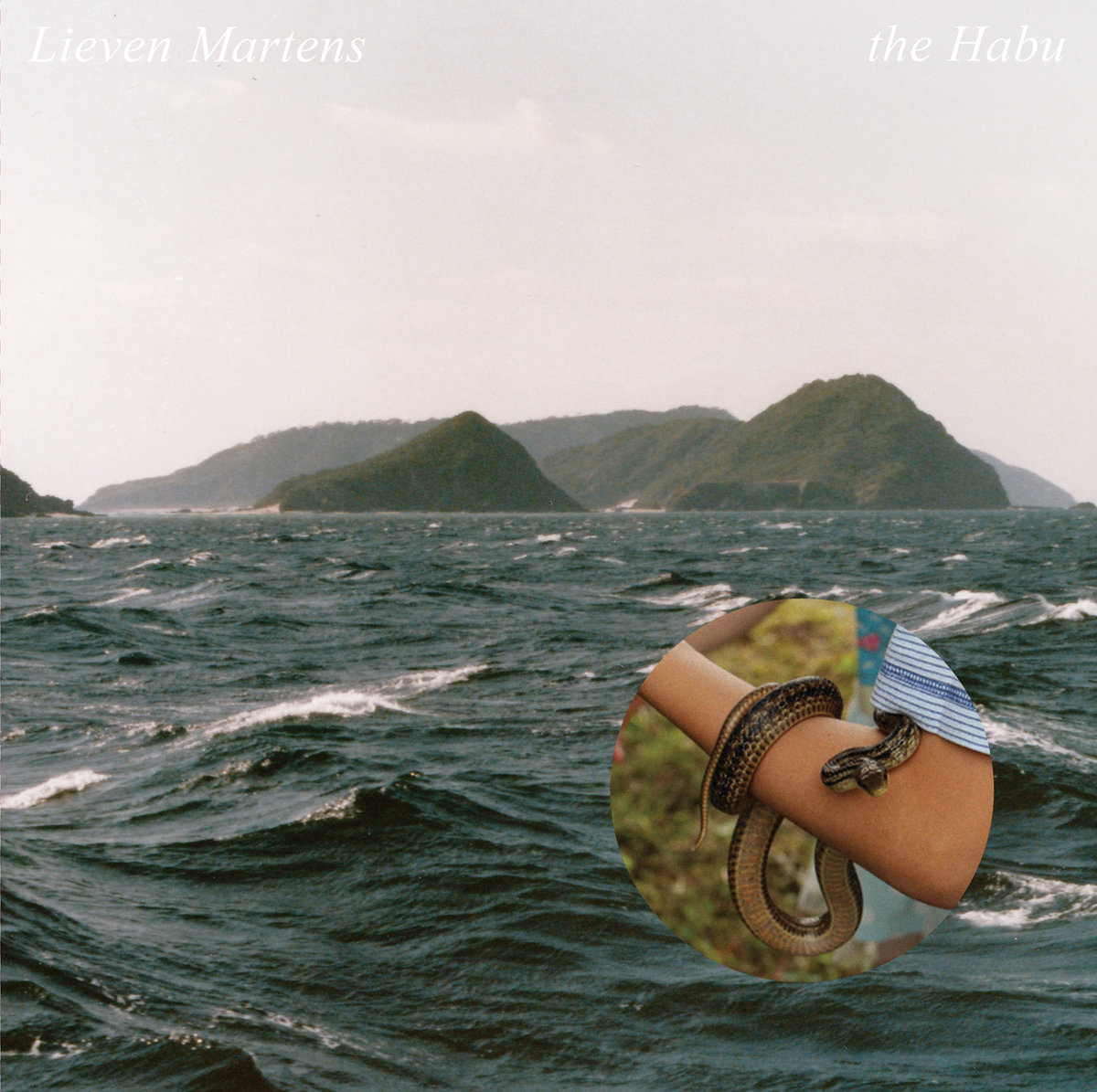
Sanshin is like the most beautiful music I’ve ever heard. It is also an act of mystical defense that people fenced itself against the snake with transforming the animal into pure bliss.
Then being confronted with – rightfully so – the anger of postcolonialism. How am I, the writer, looking towards the snake?
Okinawa has been shot up by allies in WWII, and has an American army base. Leading to continuous – and justified ! – protests.
It took me back home and think about how by coincidence Joseph Conrad teamed up with Albert Thys and assorted cynical nut jobs. He wrote “The heart of darkness” while traveling along with Thys and co, and seeing their pillaging and murdering.
So this haby snake is a symbol. Part of it is that many of the themes I was working on, “got eaten” by this record. It behaved like a magnet. But one that erases meaning. And introduces new meaning. It is also the symbol of interference. And good and bad coming from it.
The pit viper started to behave heavy in my catalogue.
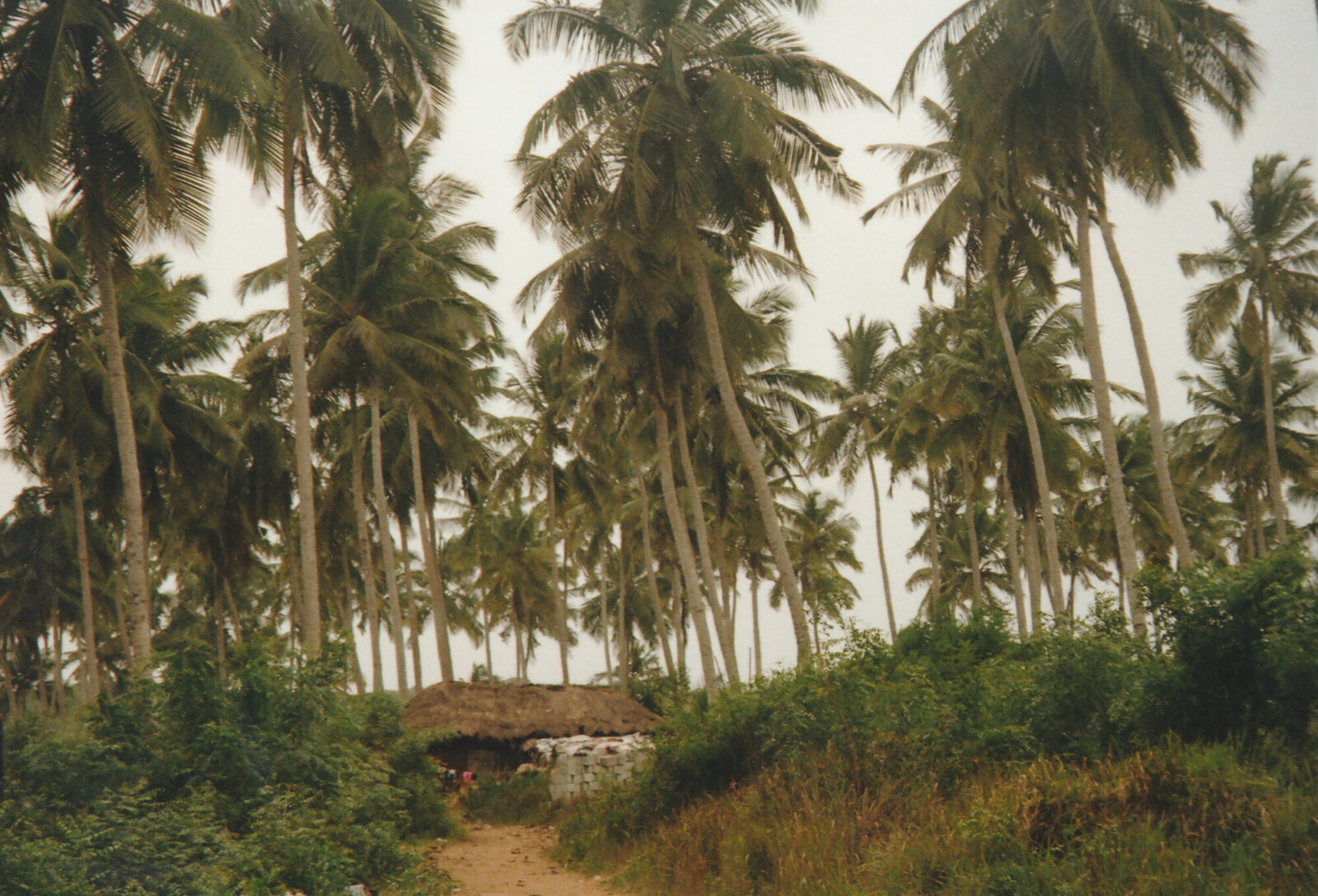
What I enjoy about your music is that it has elements of academic music but than combined with elements of fourth world music.
I like to “reference” a lot. You know what, it’s like Charles Ives’ compositions full of little bits and parts of traditionals, other people’s music, and intertextuality with his own sound. But also with characters, anecdotes, etc.
For the ‘Habu’, for the first time, I am also very happy about the text I’ve written for it. I felt sometimes so alone with this style of music and text. Like overtly referential…. Or “documentarian” work. I am not so much interested in creating a finished musical project. Like I love to show the “maquette”, rather than the finished building – I leave a lot of work up to the listener… I guess.
But I am here for the investigation, and to give us a mirror. This mirror can be structured as a very minimal concept. But also as a big concept with lots of ins and outs, clues and links.
I guess lockdowns are good for one thing: in the year when time became sometimes abundant, and the mind was a bit more cut-off, I happily found the books by Anne Carson and especially Maggie Nelson. Not that I want to compare myself to her genius, but how I want to make a composition look… check out her book “Bluets”!!!! I was very happy to only find out about this book after I finished the music and text for the ‘Habu’ – the influence would be too much, and probably set me back a bit.
Lock me up with only bluets and Charles Ives’ symphonies, and well, 10 friends to drink with, and my family, and… I’m happy.

I do listen to a lot of academic music. And I guess also to fourth world music.
But since I’m not an academic, and since I think the “fourth world” idea is many times just a cover-up for uninspired Western melody making… I don’t really feel the need to clearly attach myself to these tropes. A lot of that fourth world music is problematic. I mean, not necessarily John Hassel and such. But well… some of the later renditions… not sure about it.
But I love it too. You feel me?
I think so.
Like I said, I have more an idea in my mind, of transcribing / documenting a raw emotion. Sometimes my music feels uncontrolled, since I like the raw / documentary aspect of it. With referencing sounds and places and …
Like the whole track the ‘Habu’ took me quiet a long time to complete, but to the listener it might sound like straight forward fast music. Like you know, done between the soup and the potatoes.

The reason I’m making this music, and running the label actually, is out of the love for documented sound. I would love to call it “modern program music”. But then without being a stiff upper lip composer.
And this program music can be everything.
A water drop, a truck driving, a dissonant chord. I don’t want to rule things out. Same goes for connecting sounds. It is kinda endless. And once there is a structure behind it, or a story, there’s a start.
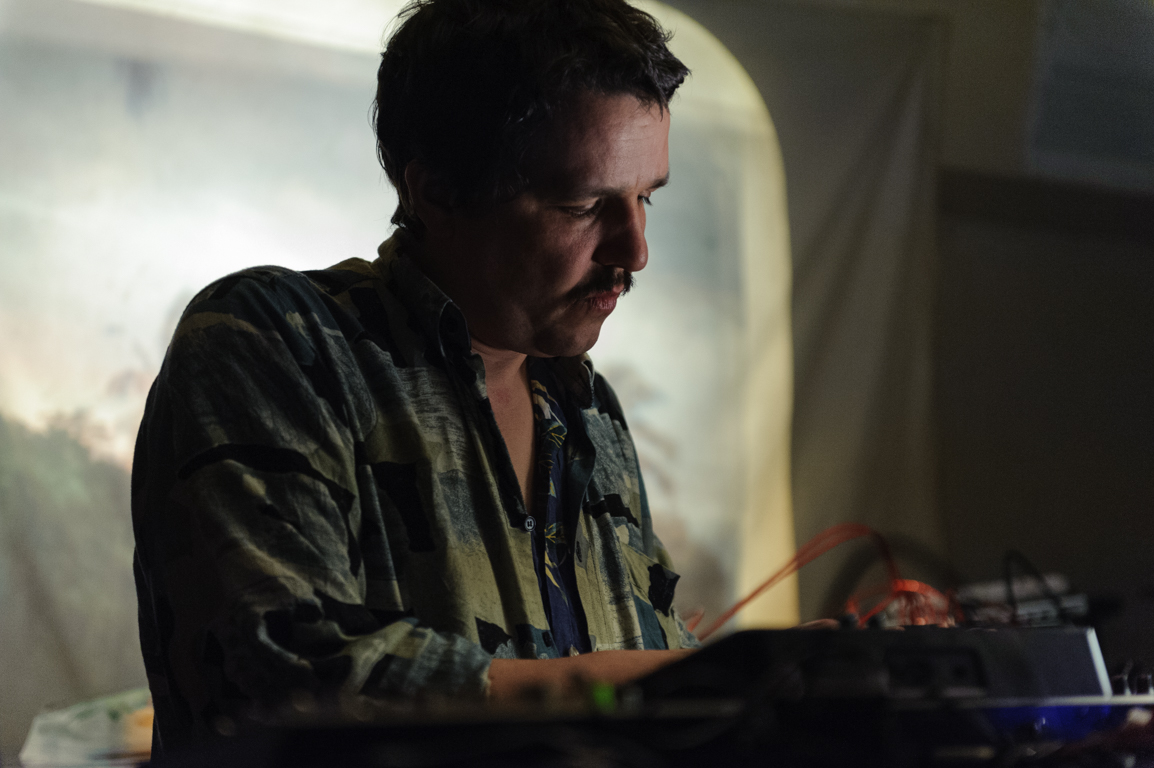
Do you mainly compose on laptop these days? Or do you still use analogue gear? Or both?
Both. When I look back to how I made sound for a long time, I’d say it’s kinda pathetic how I imposed deliberate boundaries upon myself. However, and that’s the good part, having to work under less easy circumstances (limited gear, broken tape machines, you know…) for so long, made my mind a bit more creative. I guess I want to say: every artist should have self-imposed limitations, at least for a while. But is this true?
Sometimes you release records as Lieven Martens, sometimes as Lieven Martens Moana.
Only Lieven Martens. I dropped the Moana. Had my distro going through loads of pain to erase the name from digital music databases. So there’s no turning back now.
Moana means “ocean” btw . Dolphins into the future, “the previous moniker”, was based on a book written by Joan Ocean.
Lieven Martens Ocean.
Get it?
Yeah.
Like most jokes, it’s pretty bad when you explain them. And honestly, this one is not funny at all. Help!
“Only when you first erase all boundaries, one can grow”
I remember a concert where you played with a plastic Aldi bag over your head. I remember a tape with just Gremlins sounds. When did you start to take things serious?
I was always serious. But needed some time, and still need it, to feel completely free. Only when you first erase all boundaries, one can grow.
But seriously. I take this task of the composer very serious. Why not?
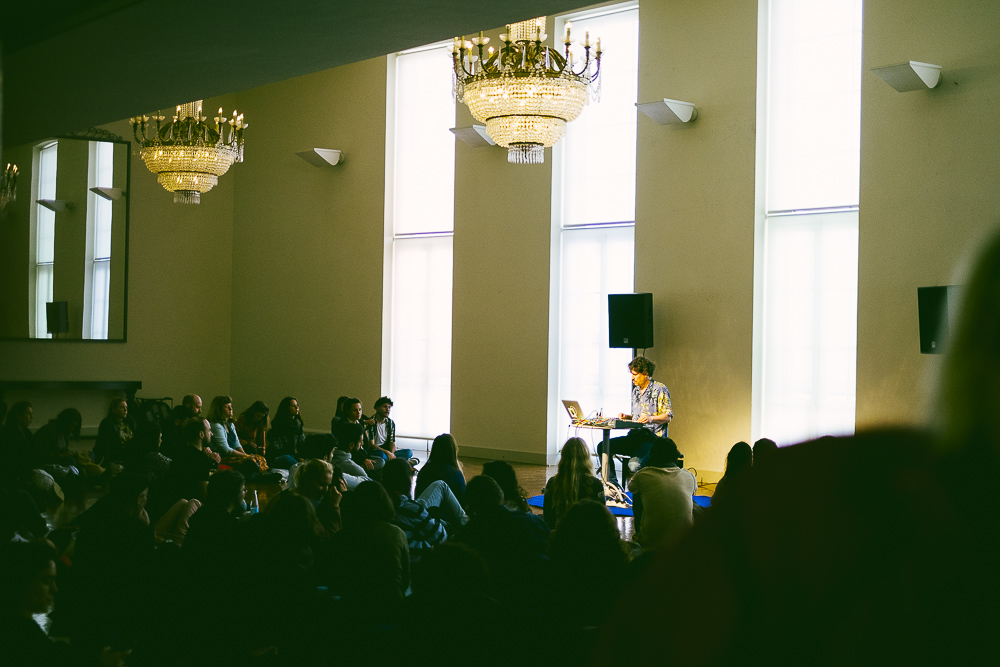
Nature seems to be an important part of your work. Still, you grew up in the countryside (De Kempen) but decided to move to the city (Antwerp).
There’s nothing, or almost nothing, beautiful in De Kempen anymore. It’s ruined by very bad architects, “projectontwikkelaars”, and a way of thinking / being that is hyper individualist. Racisms, homophobes, you got them all.
It seems like the brain of the isolated farmer (making sure to get to the next day, doing it by himself, feeling threatened by the richer people, or the bandits going around, et cetera) is still very much inside our psyche. (It’s silly) And this is so silly, in these modern times.
In everything they do there’s a ‘What’s in it for me?’. Avoiding to pay taxes, and at the same time blaming everyone for the destruction of society while at the dinner table. It is a grotesque joke. AND a mono-cultural joke btw.
Most of the green parts have been mutilated. Planning about how to live more in harmony with each other and the surroundings: never ever think about it. Like a lot of small villages are now congested ugly architectural nightmares.
You have Zwart op Wit. A chain that does cheap printing. And nowadays every restaurant and shop has a super ugly cheap as hell printed sign by them on their buildings. I mean. This is one of those minor details. But for me it speaks a bit about the bigger picture.
Also: “Doe maar gewoon, da’s al gek genoeg” is somewhat the worst saying on the planet and it’s the De Kempen’s motto. It is double speak for “act as I do, or fuck off” / or , since in all this individuality, there seems to be a fake “group” feeling (like the feeling NV-A and Vlaams Belang are also speaking to: act as WE do, or fuck off!! But what is the “WE”??? There is no WE in Kempen dudes.
But I guess that’s a populist mantra now in a lot of places. Like Dutch premier Rutte’s DOE NORMAAL which is backed by a racist worldview (“aanpassen of oprotten”).
On the other hand, I love that I am part of that grotesque joke that is De Kempen. I had a nice childhood. So for me personally there’s no need to throw flames. I thought things were very easy to unlock. And out of boredom I guess, I started to be interested in music very early on.
But I am also very happy that now De Kempen for me is a spot where I have to go to, to see. Act as a tourist, so you can focus on its beauty (because, some spots remain nice). And ignore the silliness. Like a quick in and out. Nobodies left behind!
“I am very much anti comfort zone when it comes to my art”
Maybe it’s just my impression, but is there more time between two releases these days?
The most dangerous thing I did over the past years is breaking down my full aesthetics and forcing myself to play and think different about my music. I am very much anti comfort zone when it comes to my art. I deliberately / accidentally look for trouble. I cannot help it.
Like right now I’m making a piece for carillon. Just because it seems tempting to experiment (I don’t like the word) with one of the most unfree instruments out there. The instrument is so hierarchical and has its origin as a way to structure society… To me it is tempting to change it into a naturalistic thing. To give room to imagination. To play for the minds of people, not with the minds…
An underscore for daily life. Instead of imposing on daily life.
Later this year, I will make a sort of “Heemkundige Kring” documentary about the history of grape cultivation in Hoeilaert together with Edições CN related artists, a small town close to Brussels. Because I can. Because they asked me. And because, again, I need strange things to happen to my world of sound.

Two years ago I was at the Azores islands and together with a group of 13 – 15 year olds we played “unplayable” music for a week. There’s parts of this in the ‘Habu’ composition actually. It was difficult…. But so nice too.
The problem is this unfocussed meanderings set me back a bit. Like it was difficult to create something and to call “myself”.
The other problem is also, I do this as well for live shows et cetera. So hmm… it must sometimes be quiet a disappointing adventure for the people. Or for some of the musicians I worked with. But I cannot help myself. With almost like deliberate failing, I break new grounds. I don’t want to play safe. I guess I’m lucky I have enough self-confidence to do this too. I guess…
Freedom is difficult to maintain. And it is a tricky thing. Because for instance music that shouts “I AM FREE” to me feels like the most locked-up thing there is. It’s not that simple, you know… like some of that free hippie jam shit. I don’t know…
The power of music now is that we can actually question things. What is music? Where should it go to? What do we do with it? What’s in it for us? What do we give back? Et cetera.
Another reason why things might be slower is that I got very interested in a specific aspect of sound. Instead of the sustained parts / the legato parts of the sound, I became way more interested in the attack. The first part of the sound. Or better said “in the magical moment when silence is being cut by a sound”. Like the first “aanzet”. The golden moment when something in the air changes. And what it means to cut this moment again, and again, and again…. Combinations. This implies that my music has a bit more movements than before. Which means more work needs to go into structuring an overload. It’s not so easy. Because of course, the trace of the sound is also important. You know. What does the first impression brings, and later what feeling remains?
This album is released on Poole Music. I never heard of Poole Music. Who’s behind it?
Two very friendly men from Portland, Maine. They just built a bathhouse and erected this label as the musical counterpart to it.
They seem to be very ambitious, so I’m sure they’ll go for it and built something huge, you know.
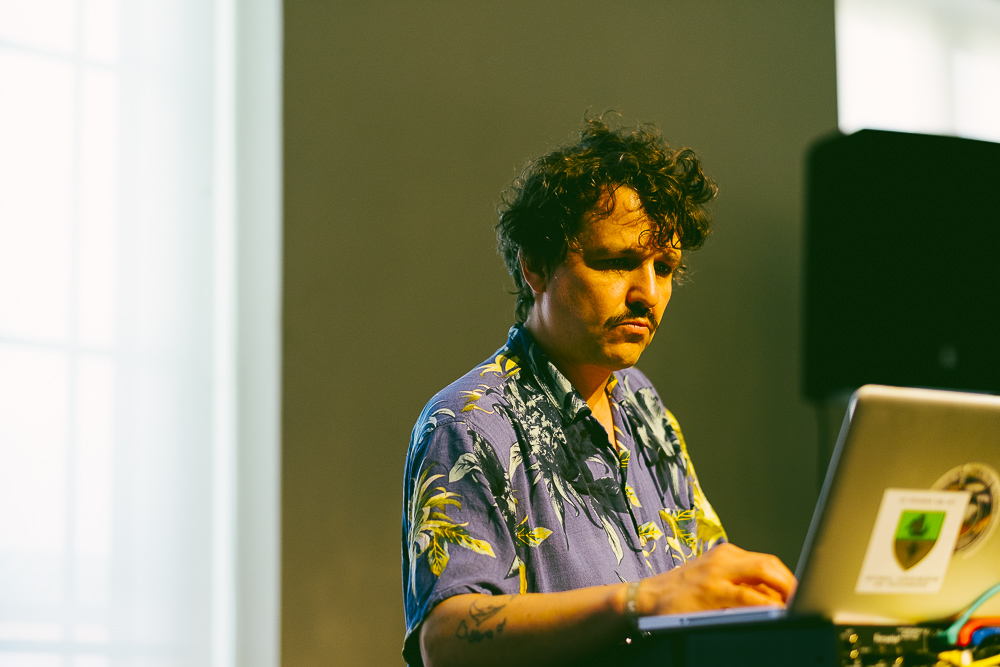
I will drive from Landen to Vienna and back in a couple of weeks so if you can advise me some music, new or old, for a 24 hour car drive…
Well, I can make you a Sanshin mixtape.
Maybe the book Bluets has a “book on tape” version?
Stuff I’ve listened to over the past days: Hanne Lippard’s poetry for ‘Collapsing Market’ (Modern Spanking Bolero is quiet a good one). Ban (a Portuguese band sounding somethings like Prefab Sprout). Maurice Ravel – his songs, an element of his music that is lesser well know, but so beautiful. A few Mylène Farmer songs (‘Tristana’, ‘Sans contrefaçon’, et cetera) on repeat. Roman Hiele was over for a visit and we jammed two albums by Christophe (‘Les Paradis Perdus’, ‘Bevilacqua’,…) It’s like crazy “day rock”… You know on a big festival, in the day time. Easy rock on the second to main stage.
Radio shows by Vica Pacheco. Oh and Sugai Ken’s ‘Tele-n-tech-da’. Wow!
Joeri Bruyninckx
Edições CN Official Website / Facebook / Instagram / Bandcamp
Poole Music Bandcamp


